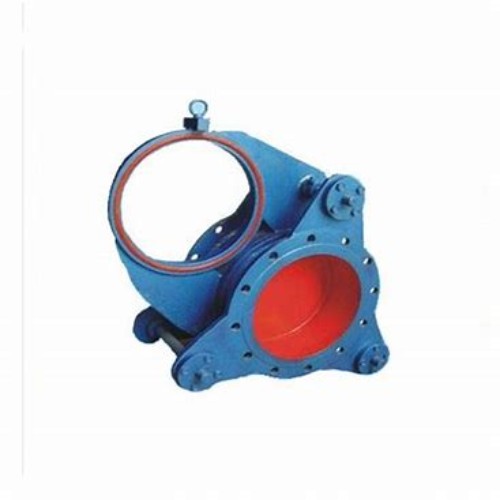Gate Valve Sealing Solutions for Enhanced Performance and Reliability in Fluid Control
Understanding Gate Valve Seals Importance, Types, and Maintenance
Gate valves are integral components in various industrial applications, serving as reliable on/off control mechanisms. One of the critical features that ensure their effectiveness is the valve seal, which prevents leakage and maintains system integrity. This article delves into the importance, types, and maintenance of gate valve seals, emphasizing their role in ensuring operational efficiency and safety.
Importance of Gate Valve Seals
Gate valve seals play a vital role in various processes across industries, including oil and gas, water supply, and chemical processing. The primary function of a gate valve is to create a tight seal that prevents fluid flow when closed. This sealing capability is crucial for several reasons
1. Leak Prevention A well-functioning seal prevents leaks, which can lead to environmental hazards, loss of resources, and safety issues. In industries handling hazardous materials, effective seals are essential to ensure worker safety and compliance with regulations.
2. Operational Efficiency Seals minimize downtime by preventing the loss of fluid, thereby reducing the need for frequent maintenance or repairs. Efficient seals contribute to the overall performance of the valve and the system it serves.
3. System Integrity By ensuring a secure closure, gate valve seals maintain the integrity of the pipeline. This is particularly important in systems where pressure fluctuations can lead to operational challenges.
Types of Gate Valve Seals
Gate valve seals come in various types, each suited for specific applications and operating conditions. The choice of seal material and design is crucial for maximizing performance and durability. Here are some common types of gate valve seals
1. Soft Seals Typically made from materials like elastomers (e.g., rubber), soft seals provide excellent sealing capabilities, especially in low-pressure applications. They are suitable for systems where tight sealing is essential, but they may not withstand high temperatures or aggressive chemicals.
gate valve seal

2. Metal Seals Metal seals, often used in high-temperature and high-pressure applications, provide robust sealing capabilities. They can withstand harsh environments, making them ideal for the oil and gas industry. However, they may require precise machining and can be prone to galling if not properly lubricated.
3. Composite Seals Combining the advantages of soft and metal seals, composite seals provide enhanced performance through a combination of materials. These seals often feature a metal framework with a soft sealing surface, offering flexibility and durability.
4. PTFE Seals Polytetrafluoroethylene (PTFE) seals are highly resistant to chemicals and extreme temperatures, making them suitable for a wide range of applications. PTFE’s low friction properties further enhance the seal's longevity and performance.
Maintenance of Gate Valve Seals
Proper maintenance of gate valve seals is essential to ensure their longevity and effectiveness. Regular inspections and routine maintenance can prevent valve failure and extend the seal's lifespan. Here are some maintenance tips
1. Regular Inspections Schedule routine inspections to check for signs of wear, corrosion, or damage. Early detection of issues can save time and resources in the long run.
2. Lubrication Apply appropriate lubricants to metal-to-metal contact areas to prevent galling, which can compromise the seal's integrity. Ensure that lubricants used are compatible with the seal material and the fluid being transported.
3. Cleaning Regularly clean the valve and its seals to remove any debris or particles that may cause damage or hinder the sealing surface.
4. Replacement Over time, seals will degrade due to operational stresses. It's important to monitor their condition and replace them promptly when signs of wear or damage are observed.
In conclusion, gate valve seals are crucial for the reliable operation of valve systems across various industries. By understanding the importance of these seals, recognizing the different types available, and implementing a robust maintenance routine, operators can ensure the longevity and performance of gate valves, ultimately enhancing operational efficiency and safety. Proper care and timely intervention can lead to significant cost savings and improved reliability in fluid control systems.
-
3-types-of-check-valves-maintenance-tipsNewsAug.23,2025
-
ball-valves-types-with-trunnion-mounted-designNewsAug.23,2025
-
butterfly-valve-company-production-capabilitiesNewsAug.23,2025
-
fisher-globe-valve-technical-specificationsNewsAug.23,2025
-
types-of-gaskets-for-flanges-selection-guideNewsAug.23,2025
-
wedge-gate-valve-suppliers-quality-standardsNewsAug.23,2025
-
Breakthrough in Domestic Low Temperature Valve Technology in ChinaNewsAug.18,2025




